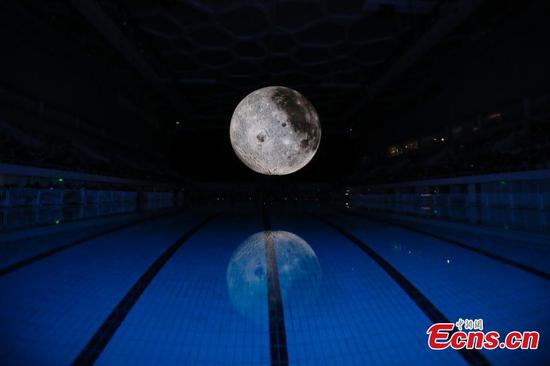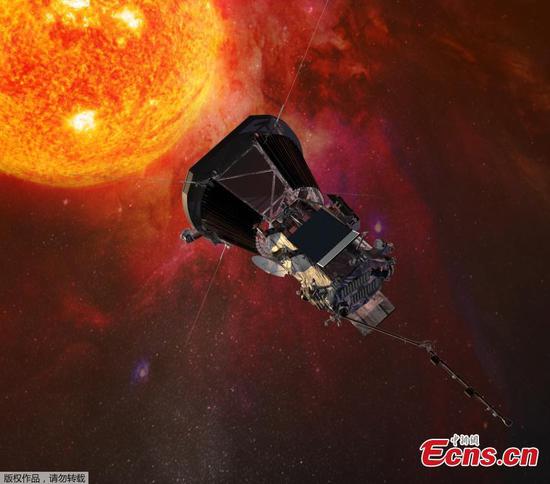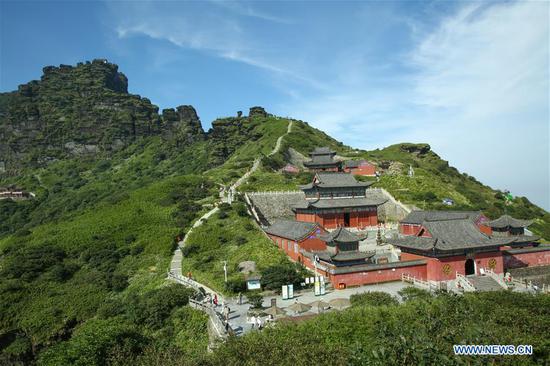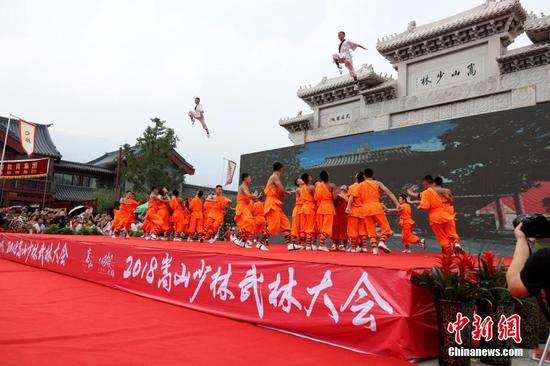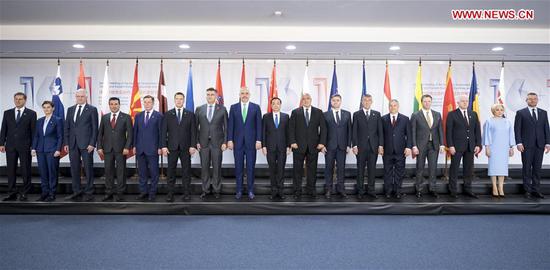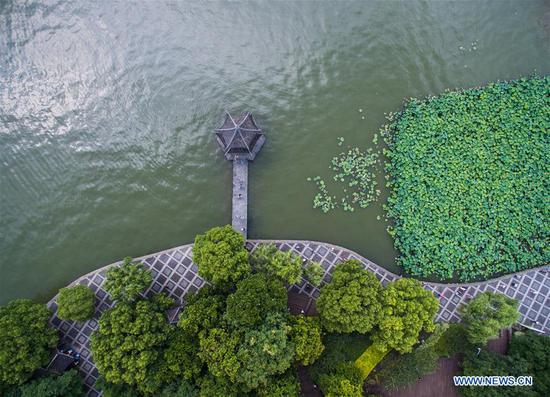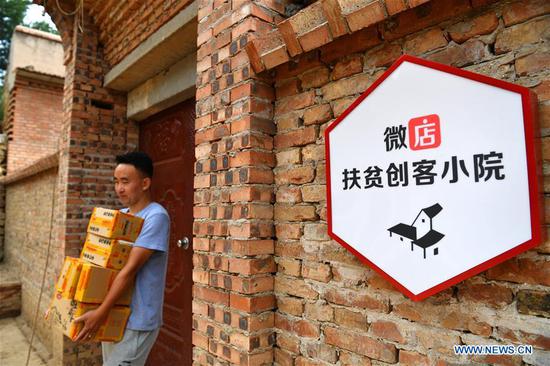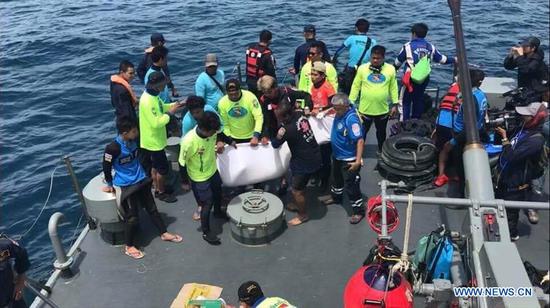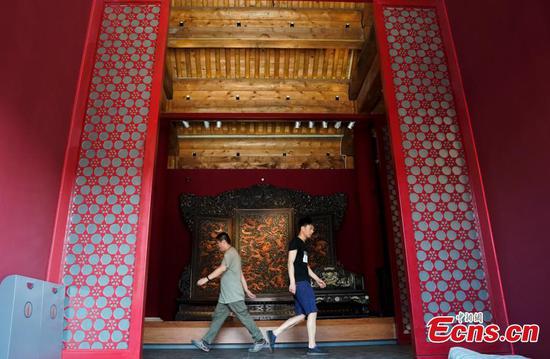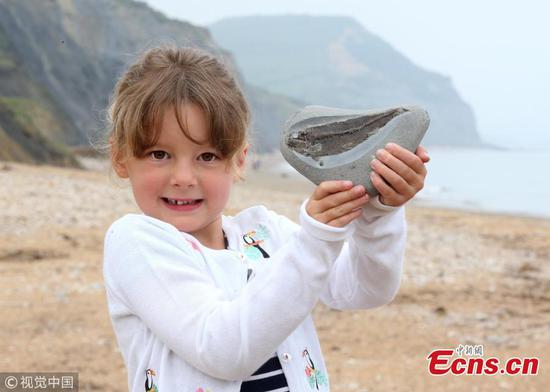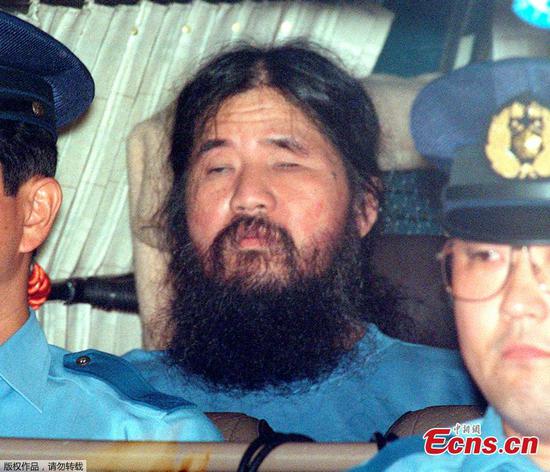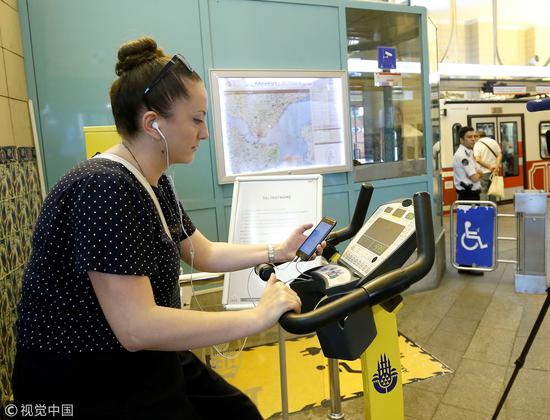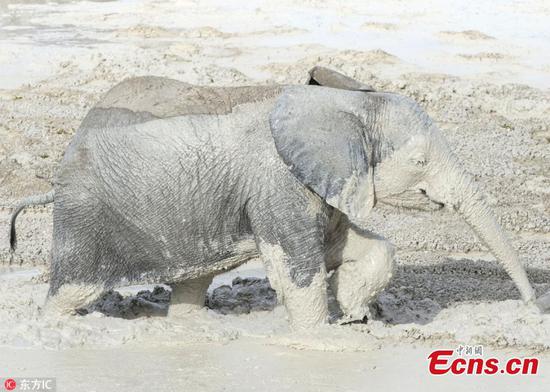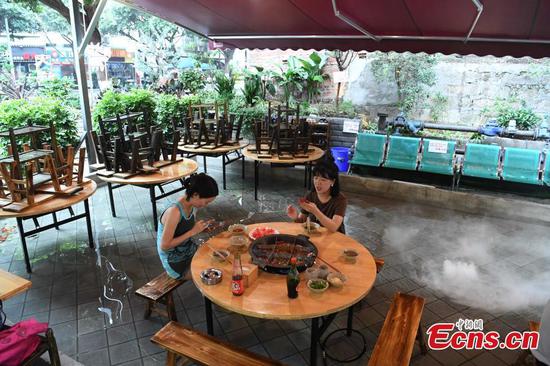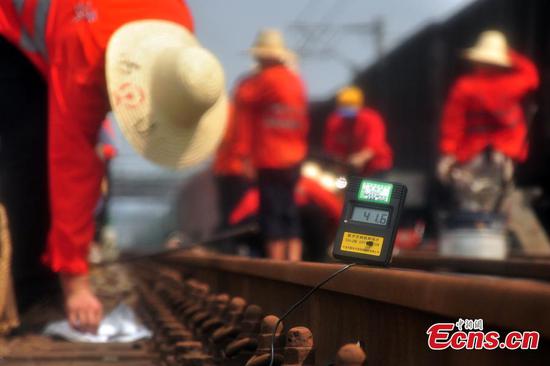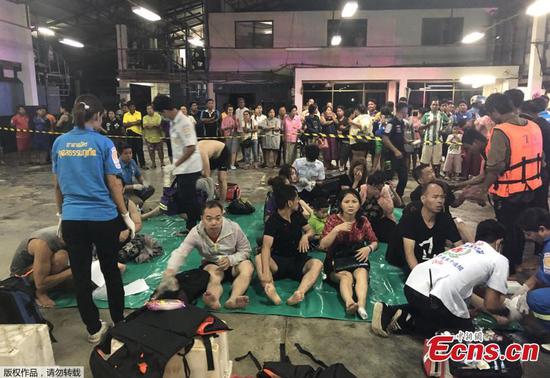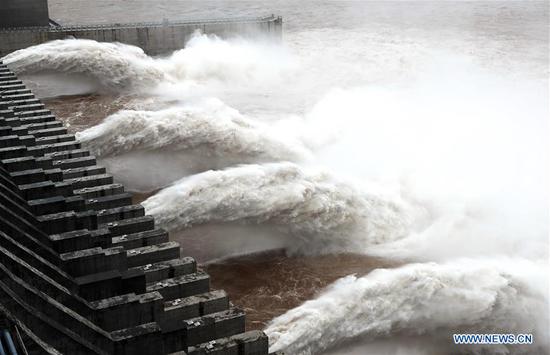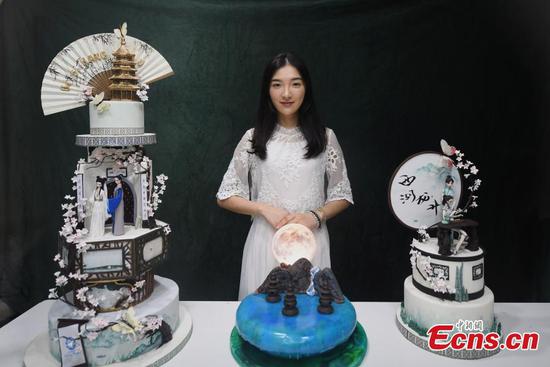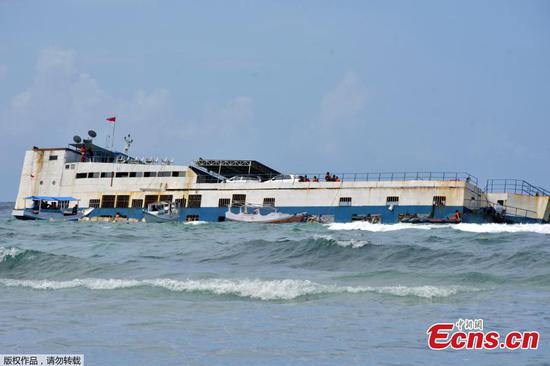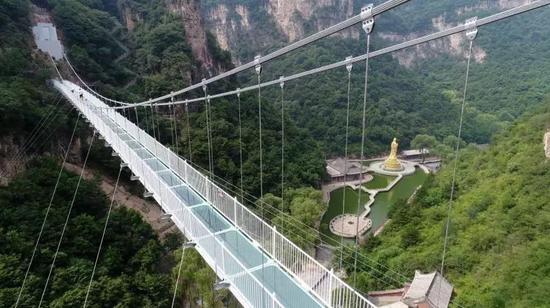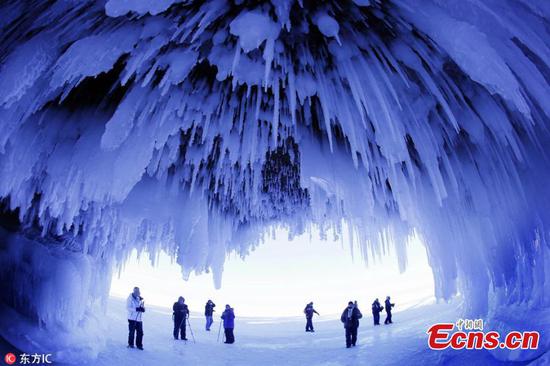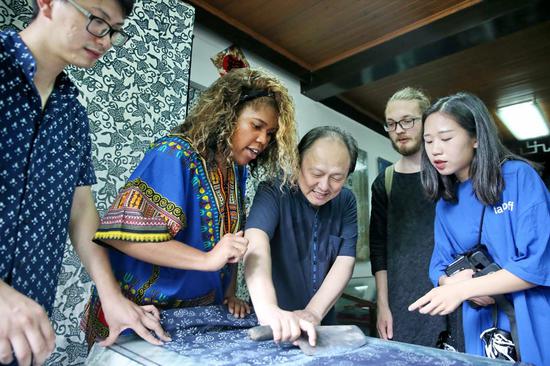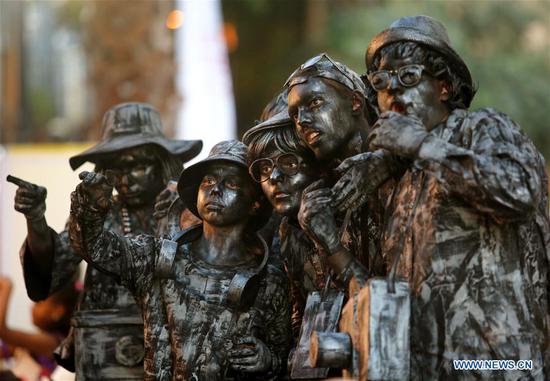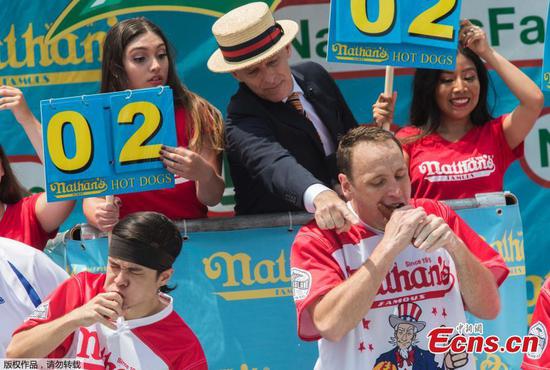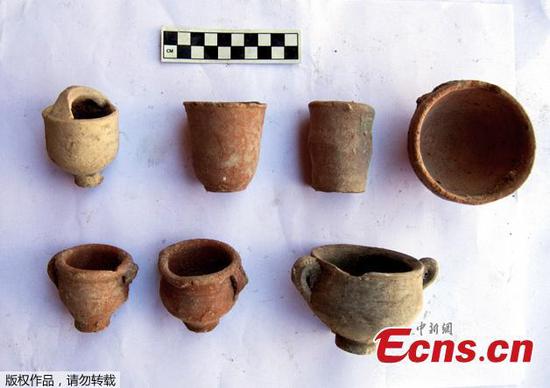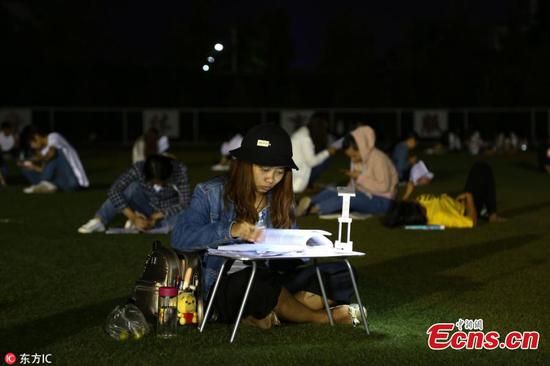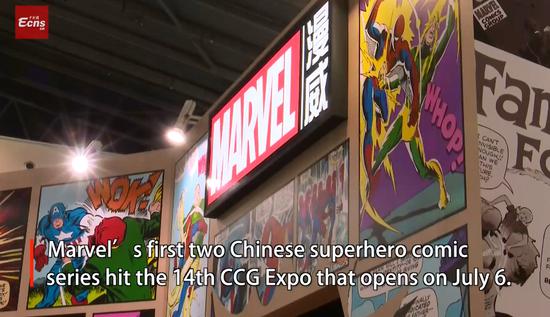DPRK criticizes nuclear demand; Pompeo shrugs off accusations
The third visit by the U.S. Secretary of State Mike Pompeo to the Democratic People's Republic of Korea ended in disagreement, leaving the process of denuclearization of the Korean Peninsula in doubt.
Shortly after the U.S. delegation led by Pompeo left Pyongyang on Saturday, the DPRK's Foreign Ministry said in a statement carried by the Korean Central News Agency that the U.S.' "gangster-like" attitude in demanding denuclearization at the high-level talks was "no doubt regrettable" and "may shake our unshakable will for denuclearization".
Pompeo, however, brushed off the accusations on Sunday when meeting his Japanese and Republic of Korea counterparts, saying he will still pursue talks with the DPRK and sanctions against Pyongyang will remain in place until it achieves "final, fully-verified denuclearization".
Pompeo said in Tokyo there was still a lot of work to do but he was confident that DPRK top leader Kim Jong-un would stick to a commitment to abandon nuclear weapons that he made during the summit with U.S. President Donald Trump in Singapore last month.
Pompeo made his third visit to the DPRK on Friday, but Kim did not meet him this time, and instead wrote a letter to Trump calling for furthering the process of trust-building between Pyongyang and Washington, according to KCNA.
A Foreign Ministry spokesman said that while the DPRK had asked for simultaneous moves on formally declaring an end to the 1950-53 Korean War and denuclearization, the U.S. side would only insist that the DPRK take steps for comprehensive, verifiable and irreversible denuclearization, known as CVID.
"The DPRK side, during the talks, put forward the constructive proposals to seek a balanced implementation of all the provisions of the Joint Statement out of its firm willingness to remain faithful to the implementation of the spirit and agreed points of the DPRK-U.S. summit meeting and talks," KCNA quoted the spokesman as saying.
The DPRK's proposals included realizing multilateral exchanges for improved relations between Pyongyang and Washington, and declaring the end to the status of war on the occasion of the 65th anniversary of the signing of the Korean Armistice Agreement to build peace on the Korean Peninsula, said the spokesman.
In addition, Pyongyang pledged to dismantle its test ground for high-thrust engines to make a physical verification of the suspension of its intercontinental ballistic missile program. It also proposed making the earliest start to working-level talks for returning the remains of U.S. soldiers killed during the Korean War, said the spokesman.
"But the U.S. side came up only with its unilateral and gangster-like demand for denuclearization, just calling for CVID," the spokesman said, pointing out that the U.S. side "never mentioned the issue of establishing a peace regime on the Korean Peninsula".
Ruan Zongze, executive vice-president of the China Institute of International Studies, said the DPRK regards the signing of a formal agreement with U.S. to end the Korean War as a key measure to remove the danger of war on the peninsula and normalize DPRK-U.S. relations.
Ruan said what the DPRK expects to see is the U.S. giving a security guarantee and commitment rather than constantly emphasizing denuclearization issues. He said Pyongyang's statement shows it hopes the U.S. can also make concessions and not just exert pressure to dominate the negotiations.









